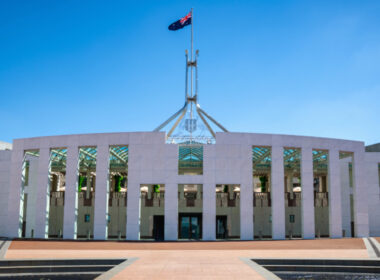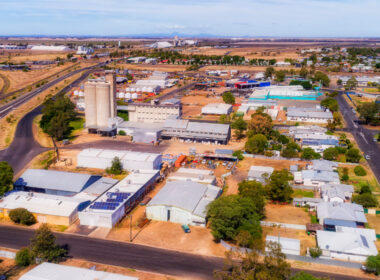Knowing where vulnerabilities exist, we can be even more vigilant in addressing them through training and education; working with the banking sector to improve transparency; harmonising practices, regulations and requirements; and increasing use of technology such as electronic conveyancing,
As the Federal Government considers reforming Australia’s anti-money laundering regime to include the legal profession, a new report has found that practitioners are “proactively working” to mitigate the risk of being a party to these crimes.
The Law Council of Australia on Monday released a report analysing the legal profession’s “vulnerability to being an unwitting party” to money laundering and terrorism financing.
Law Council of Australia President Luke Murphy said what the report found is that beyond the regulations and professional requirements lawyers are subject to, they have taken additional steps to reduce risks.
These include limited receipt of cash, particularly when it comes to funds from overseas, not holding assets for clients, and ensuring they meet all reporting obligations.
But Murphy said there were still vulnerabilities identified including lawyers not routinely making enquiries about a client’s source of wealth and difficulty in confirming the source of funds.
“Knowing where vulnerabilities exist, we can be even more vigilant in addressing them through training and education; working with the banking sector to improve transparency; harmonising practices, regulations and requirements; and increasing use of technology such as electronic conveyancing,” Murphy said.
“The report highlights the positive attitudes and behaviours among the legal profession towards integrity, risk awareness and aversion, and to fulfilling statutory and professional obligations. It shows vulnerabilities are present, but they can be managed through augmentation of existing controls.
 Law Council of Australia President Luke Murphy
Law Council of Australia President Luke Murphy
The Government is currently reviewing the anti-money laundering and counter terrorism financing (AML/CTF) regime and whether to extend it to include the legal profession. And on 20 April 2023, the Attorney General announced public consultation.
The Law Society of NSW has also been assisting the Law Council of Australia to redraft its AML/CTF guidance for the legal profession, which is expected to be published later this year.
The Australian Institute of Criminology estimates that serious and organised crime cost the Australian community up to A$60.1 billion in 2020-21, with illicit financing at the centre of most crime types.
Further, Murphy said extending the AML/CTF regime could have a disproportionate financial and regulatory burden on small law firms. He said it also presents a threat to client legal privilege, which underpins the administration of justice in Australia.
“The vast majority of the Australian legal profession, 92 per cent, operates through practices with less than four principals. These are classic small businesses scattered across the country, in the suburbs and the regions. Compliance costs in both time and money would potentially cast doubt on the ongoing viability of these firms,” Murphy said.
“What that may mean for our community is, when someone needs legal services, they will either not be available or will be more expensive. It is likely to hit hardest in rural and regional communities where there may already be a shortage of legal professionals.
“Legal services would be less affordable and even more out-of-reach for Australians, generating more demand on the underfunded legal assistance sector and potentially having a chilling effect on access to justice in this already challenging economic climate. “
The Law Council of Australia engaged Russ + Associates, a specialist tax and AML law practice, to undertake the independent review.




